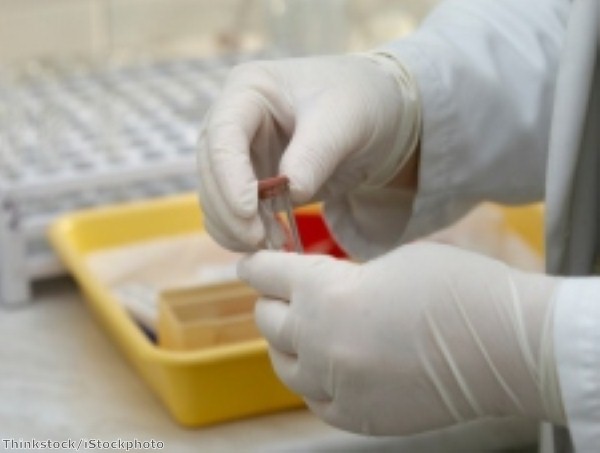Scientists may have come up with a new technique that has the potential to revolutionise the drug development process.
A team of researchers from the UK, US and Italy have honed a process that enables them to engineer specific functions into a protein.
Led by experts at the Department of Cardiovascular Sciences and Department of Biochemistry at the University of Leicester, the group have proven the new system works by taking a protein normally found in the human body and evolving it to a form that can block a molecule involved in blood vessel growth and inflammation.
Research leader, Professor Nick Brindle, said the theory behind this new technique is not new, but it has been difficult to develop it for the number of complex proteins required to create more targeted drugs – until now.
Mr Brindle claimed it was a bonus that the team were able to develop the protein – known as a ligand-trap – as it targets a molecule that is involved in "a whole range of health problems".
It is hoped the process can be used to tackle heart disease, inflammation and other illnesses.
"In addition to medicine, these specifically evolved 'designer proteins' have a wide range of applications in the chemical, pharmaceutical and agricultural industries," he remarked.
"This is a big step forward. We are hoping that, over the next five years or so, this new protein can be developed into a form that could be used to treat inflammation and other conditions."
Heart disease is still one of the biggest killers in the UK, so any treatment that can improve survival rates will be welcomed by medical professionals.
According to figures compiled by the British Heart Foundation, around one in six men die from coronary heart disease, while the same can be said of one in nine women.
Approximately 74,000 people die from this condition in the UK every year – an average of 200 deaths every day.

